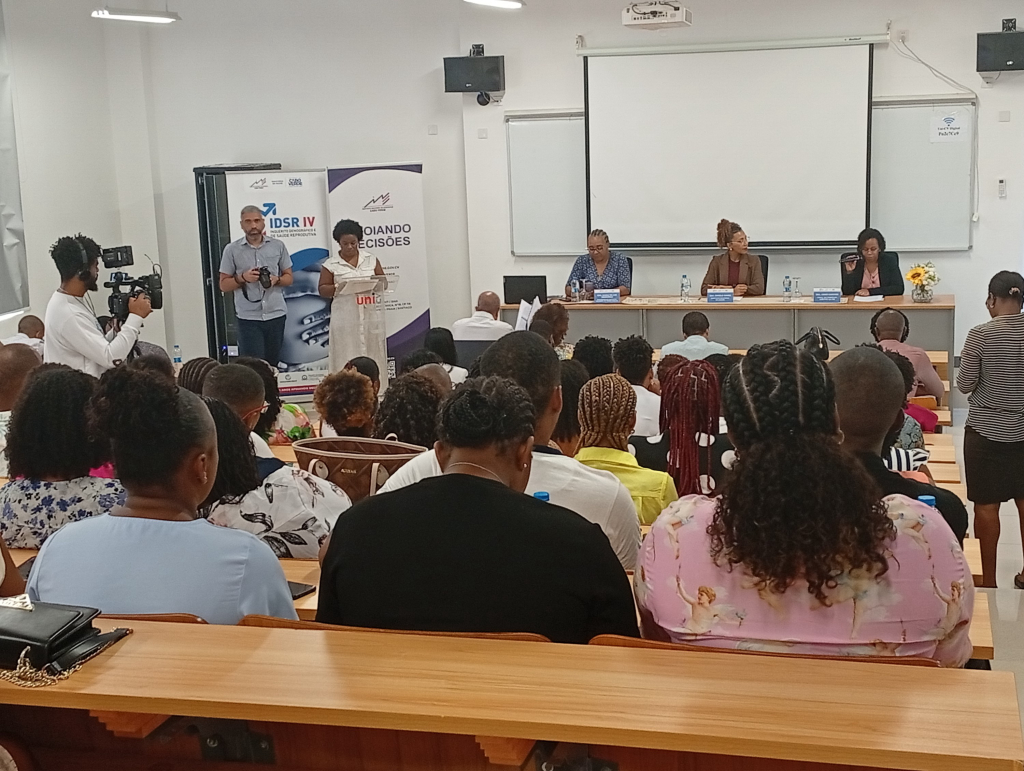
Africa-Press – Cape verde. The National Director of Health, Ângela Gomes, states that data from the IV Demographic and Reproductive Health Survey (IDSR IV), combined with existing administrative information, will be fundamental for guiding decisions in the area of public health.
Ângela Gomes spoke to the press this Monday, in Praia, at the opening of the training of investigators.
“It is extremely important because here we have indicators related to sexual and reproductive health, maternal and child health, the nutritional status of our children and pregnant women, the prevalence of HIV/AIDS and, mainly, the vaccination coverage rate. These are indicators that will support us, together with the administrative data that we collect in our daily lives. By cross-referencing this information, we will know how to take the best public health measures,” he said.
The National Health Director believes that the data to be collected should reinforce the measures already in place in the sector.
“At the very least, we will have to reinforce it, because research always brings new information. We are also trying to introduce vaccination coverage, which is very important information. We have an administrative vaccination coverage rate of over 97% and we want to reinforce it. In terms of anemia, I also believe that it will bring us information — especially in relation to certain age groups — that could bring some nuances and allow us to improve the effectiveness and efficiency of public policies. But changing everything, I don’t think it will bring information about major changes,” he acknowledged.
The coordinator of the 4th Demographic and Reproductive Health Survey (IDSR IV), Alicia Pinto, indicates that, for this survey, in addition to researchers, health agents will also be in the field to collect samples for analysis of anemia and HIV.
“In addition to the researchers, we also have some health workers. They will be responsible for collecting blood samples for analysis of HIV/AIDS and anemia. The target audience that will take the test will correspond to only half of the sample. We have a sample of 8,940 households and, of these, half will undergo HIV/AIDS and anemia tests. For these cases, we have a questionnaire that we call a biomarker, where we will collect data on HIV and anemia.”
The 4th Demographic and Reproductive Health Survey (IDSR IV), by IBGE, takes place between the months of July and September, with a sample of approximately 11 thousand people. The focus is on reproductive health, measuring the prevalence of HIV/AIDS and anemia, studying gender-based violence, and assessing the nutritional status of children and women.
For More News And Analysis About Cape verde Follow Africa-Press





